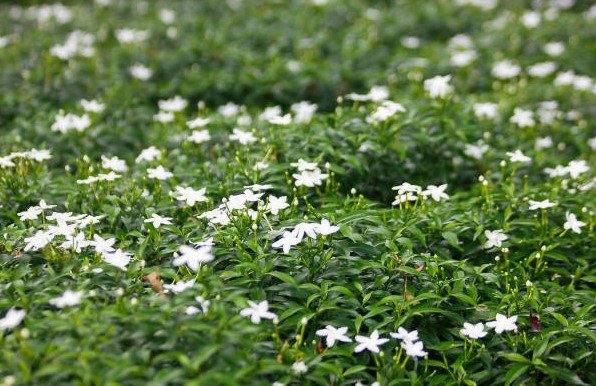In the Nile Delta’s Shubra Balula village, jasmine picker Wael al-Sayed and thousands like him face shrinking harvests due to rising heat and dry spells. This key crop for global perfumes now yields half as much, threatening family incomes and Egypt’s economy as of August 2025.
Rising Temperatures Cut Jasmine Yields
Farmers in Egypt’s Nile Delta have picked jasmine flowers for generations, supplying scents to top perfume brands worldwide. But climate change brings hotter nights and less rain, causing flowers to bloom poorly.
Sayed, a 45-year-old veteran picker, once gathered six kilograms per night. Now, he collects just two or three, forcing longer hours and family help, including children.
Recent data shows average temperatures in the region climbed 1.5 degrees Celsius over the past decade. This shift disrupts jasmine’s sensitive growth cycle, which peaks in cool, early morning hours.
Prolonged heat waves in 2025 summers hit hard, with some fields seeing 50 percent yield drops. Pests thrive in warmer conditions, adding to the damage.
Economic Toll on Families and Industry
Jasmine farming supports over 50,000 people in Egypt, generating millions in exports yearly. With lower yields, incomes fall, pushing some to quit or seek other work.

Families earn about 200 Egyptian pounds per kilogram of jasmine concrete, a key perfume ingredient. Reduced output means less pay, worsening poverty in rural areas.
Egypt’s agriculture sector, already strained, faces broader risks. A 2025 United Nations report warns climate impacts could cut overall crop production by 15 percent by 2030.
- Many farmers now work double shifts to compensate for low yields.
- Child labor rises as families pull kids into fields before school.
- Local processors report 30 percent less raw jasmine supply this season.
The perfume industry feels the pinch too. Global brands source 80 percent of their jasmine from Egypt and India, but shortages drive up prices.
Broader Climate Threats to Egyptian Agriculture
Egypt’s farms rely on the Nile for water, but climate change slows river flow and boosts evaporation. The 2025 filling of Ethiopia’s Grand Renaissance Dam adds tension, potentially cutting water by 10 percent.
Coastal areas in the Delta sink due to rising seas, salting soil and hurting crops like jasmine. Experts predict a 20 percent loss in arable land by 2050 without action.
Other staples suffer too. Wheat yields dropped 8 percent in 2024 heat waves, raising food import costs for Egypt, the world’s top wheat buyer.
| Crop | 2024 Yield Change | Projected 2030 Impact |
|---|---|---|
| Jasmine | -40% | -50% yield loss |
| Wheat | -8% | -15% due to water shortage |
| Rice | -12% | -20% from salinization |
Farmers adapt with drip irrigation and shade nets, but costs are high. Government aid lags, leaving many to fight alone.
Government Response and Future Outlook
Egypt launched the New Delta project in 2025, aiming to reclaim desert land for farming with treated wastewater. This $9.7 billion effort could boost agricultural output by 30 percent.
Yet, jasmine growers get little direct support. Calls grow for subsidies on heat-resistant seeds and pest control.
International help, like climate funds from COP conferences, could fund adaptations. Egypt hosted COP27 in 2022, spotlighting its vulnerabilities.
Without stronger measures, experts forecast jasmine production halving by 2030, hitting exports worth $50 million annually.
What Farmers and Experts Recommend
Local voices urge action. Sayed wants affordable cooling tech for fields to protect blooms.
Agronomists suggest switching to resilient jasmine varieties, tested in India with success.
Community groups push for better child labor laws, as 4.2 million kids work in Egypt’s farms and factories.
Share your thoughts on how climate change affects global food and scents. Comment below or spread this story to raise awareness.
